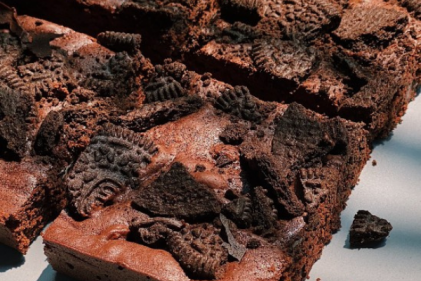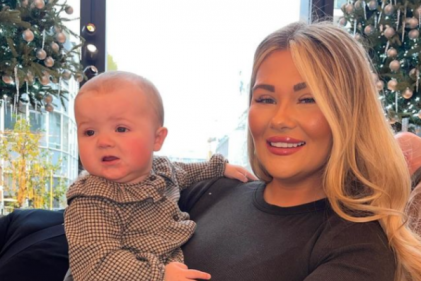The first step in any treatment is to talk with your doctor. They will be able to assess the degree of depression and what the appropriate treatment options will be.
Your doctor may recommend that you see a therapist and should be able to refer you to a few potential therapists for you to choose from. If you have health insurance, call the company and ask them if they cover therapy and if your plan covers it. It is essential that you feel comfortable with your therapist. You need to be able to talk openly about what's going on in your life.
Your doctor may recommend an anti-depressant, if your depression is severe. If you are breastfeeding, discuss with your doctor how the baby may be affected if you take anti-depressants. This is important as the anti-depressant can pass into your breastmilk. If you baby seems irritable or sleepy after you have taken anti-depressants, speak to your doctor. Do not let post natal depression put you off breastfeeding if that is your desire - often continuing to feed your baby can help get through PND. You may need to try a few different medications before you find the one that works for you. Not all medications work immediately. You may need to take the medications for several weeks before you feel any improvement.
Alternative therapies for depression include St. John's Wort, fish oil, acupuncture and aromatherapy. If you decide to try an alternative therapy, it would be a good idea to discuss he method with your doctor. Some alternative therapies should be avoided if you are breastfeeding.
Your doctor may recommend that you see a therapist and should be able to refer you to a few potential therapists for you to choose from. If you have health insurance, call the company and ask them if they cover therapy and if your plan covers it. It is essential that you feel comfortable with your therapist. You need to be able to talk openly about what's going on in your life.
Your doctor may recommend an anti-depressant, if your depression is severe. If you are breastfeeding, discuss with your doctor how the baby may be affected if you take anti-depressants. This is important as the anti-depressant can pass into your breastmilk. If you baby seems irritable or sleepy after you have taken anti-depressants, speak to your doctor. Do not let post natal depression put you off breastfeeding if that is your desire - often continuing to feed your baby can help get through PND. You may need to try a few different medications before you find the one that works for you. Not all medications work immediately. You may need to take the medications for several weeks before you feel any improvement.
Alternative therapies for depression include St. John's Wort, fish oil, acupuncture and aromatherapy. If you decide to try an alternative therapy, it would be a good idea to discuss he method with your doctor. Some alternative therapies should be avoided if you are breastfeeding.
There are some other things to try to help:
- Try to get out and do some exercise – often easier said than done. You can even bring your baby – a little gentle walk can help. Exercising helps both physically and mentally.
- Get out and meet some other mums – there are lots of mother and baby groups and when you get out and about, you will find that there are mums with similar feelings to yourself. You will understand that you aren’t alone and the break from the house will do you good too.
- Get lots of rest – it’s often said that you should sleep when baby sleeps but most mums focus on the overflowing laundry basket or the state of the house. These are deadlines that we often impose on ourselves so why not give yourself a break and move the laundry basket out of sight and take a nap. It will do you the world of good. If you can’t sleep, just lie on your bed and close your eyes.
- And eat well if you can. Eating good foods like proteins and good carbs (like wholemeal pasta or rice) will make you feel better. Sugary foods and drinks will deliver an instant boost but won’t last and they creates highs and lows too. Try a few days of eating more protein and the result is amazing if you can get past the sugar headache for a day.
There is no way to prevent PND so you need to share with your partner, family and friends too. It is hard to explain and often hard for them to understand how bad you feel but it’s critical that you involve them too. Sometimes, getting the resultant helping hand around the house or a few hours out of the house, can help you feel refreshed.











